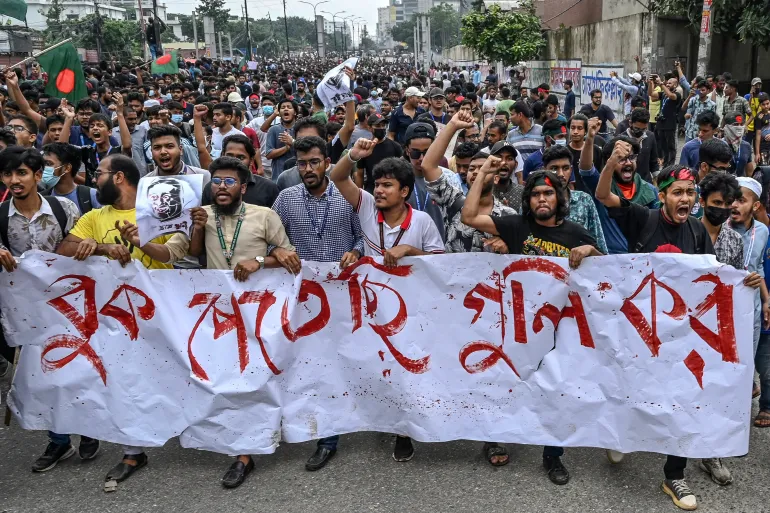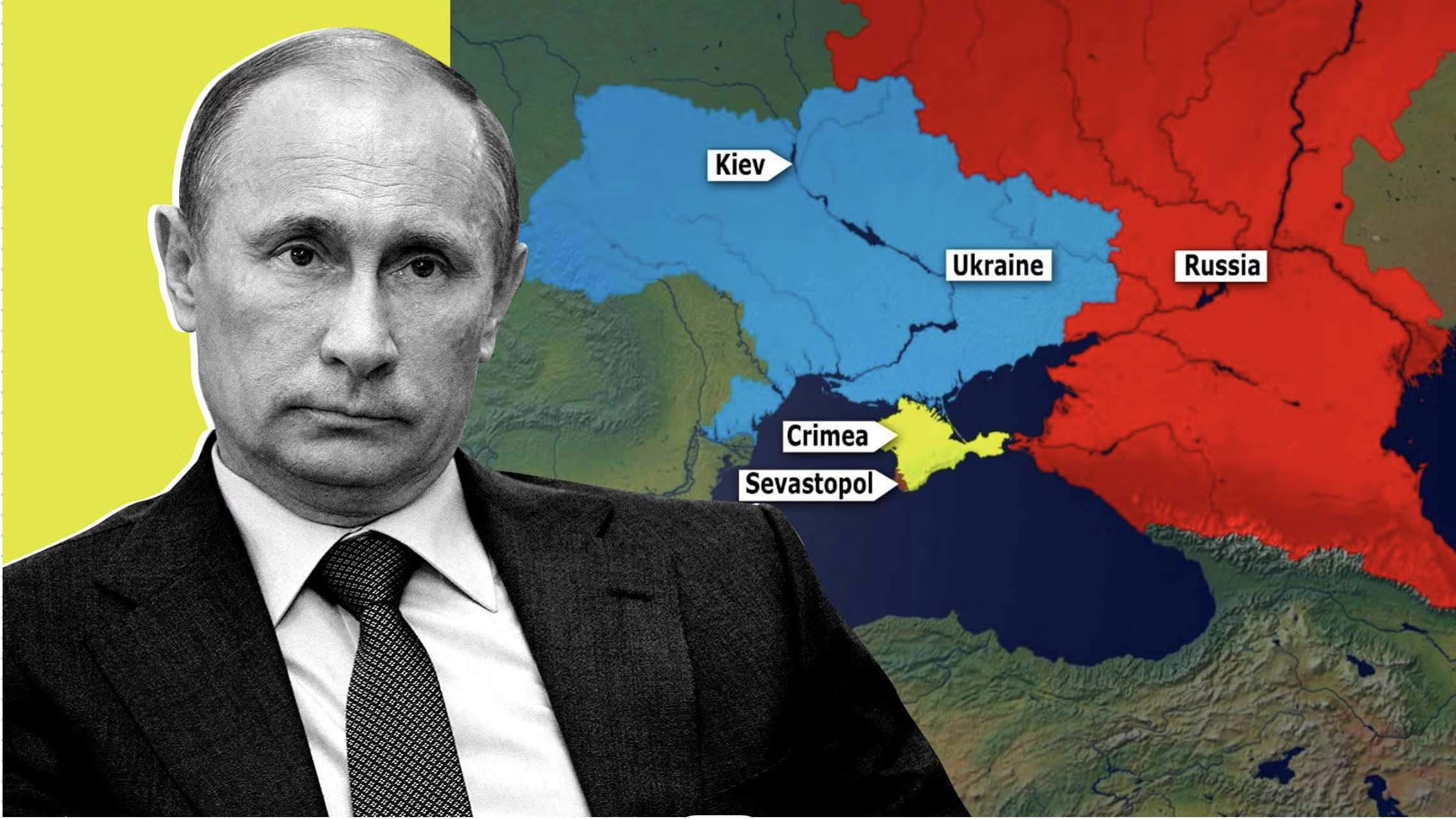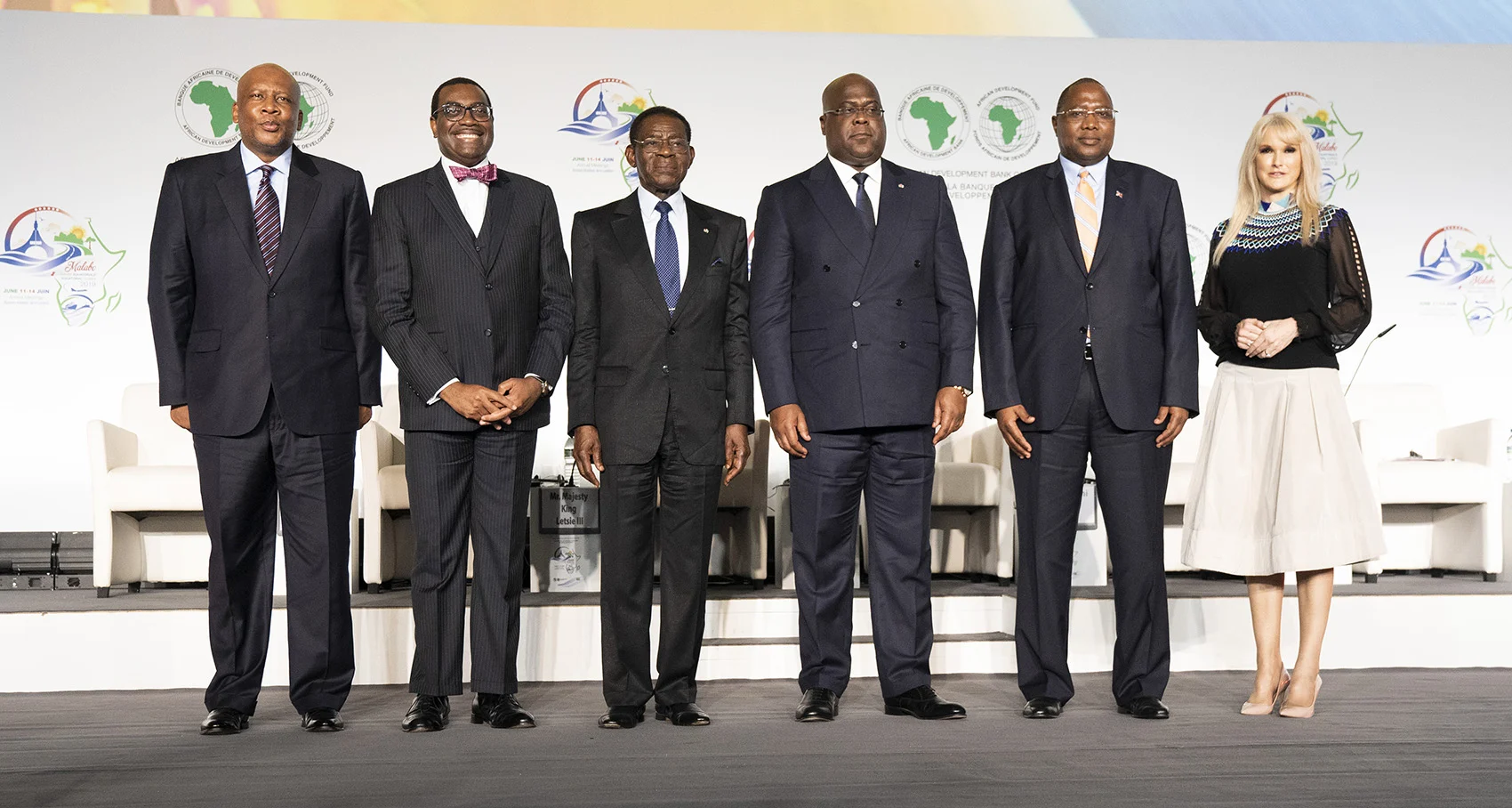Javier Milei, the newly inaugurated President of Argentina, has embarked on a tumultuous start of his time in office, marked by bold reforms and interesting policies aimed at addressing the country’s economic questions. With promises to tackle rampant inflation – which currently ranks as the highest in the world – Milei has wasted no time in implementing radical measures and challenging Argentina’s longstanding political norms.
A self-described “anarcho-capitalist,” Milei has positioned himself as a staunch advocate for reducing the size of the state and promoting free-market economic principles. One of the main objectives of his government has been to initiate a comprehensive overhaul of Argentina’s political landscape, a task he began by halving the number of government ministries and secretariats.
However, Milei contends that Argentina’s challenges stem not only from economic and political factors but also from moral decay. He attributes the country’s prolonged crisis to its abandonment of capitalism in favor of socialist ideals over a century ago. According to Milei, the rise of socialism was facilitated by leftist infiltration into key societal institutions, such as education, culture, and media, a strategy he attributes to the teachings of Marxist philosopher Antonio Gramsci.
The president’s tenure has been marked by a concerted effort to dismantle what he terms “cultural Gramscism,” which he associates with the Kirchnerist political movement that has dominated Argentine politics in recent decades. Milei has criticized leftist policies for perpetuating endless entitlements at the expense of individual responsibility and economic stability.
Milei’s presidency has seen a series of measures targeting various aspects of Argentine society. These include significant budget cuts to public education, the closure of institutions deemed aligned with progressive ideologies, and restrictions on inclusive language and gender discussions. Milei has also aimed at feminist movements, characterizing them as promoters of unnecessary conflict between genders.
In addition to his domestic agenda, Milei has not shied away from confronting the media and cultural establishments, which he views as bastions of leftist influence. He has implemented a one-year suspension of government advertising in the media and announced plans to intervene in state-run news agencies, such as the closure of the Télam news agency.
Despite facing criticism and opposition from various quarters, Milei remains steadfast in his conviction that his policies represent a necessary departure from Argentina’s troubled past. He sees his presidency as a crucial battleground in a broader ideological struggle to reshape the country’s cultural and political landscape in favor of free-market principles and individual liberties.


